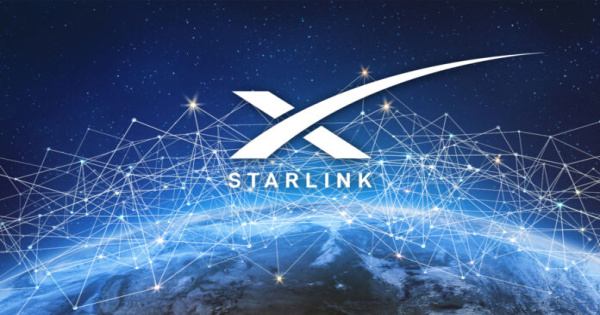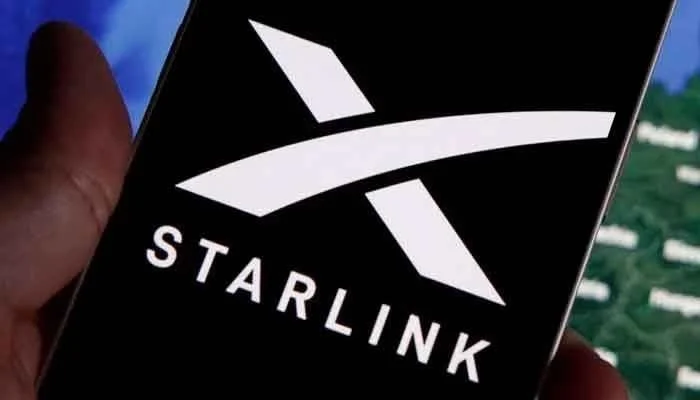
Pakistan is preparing to leap into the future of connectivity with satellite internet technology. According to Federal Minister for IT and Telecom, Shaza Fatima, the Starlink internet service is expected to be operational in the country by the end of December 2025. This development aims to transform digital access in remote and underserved areas.
In a National Assembly Standing Committee on IT and Telecom meeting, officials discussed the progress of granting licenses to Starlink and a Chinese satellite internet company. The meeting was chaired by Amin-ul-Haque, and was also attended by the Chairman of the Pakistan Telecommunication Authority (PTA).

Key Highlights
-
Starlink has received a temporary license to operate in Pakistan.
-
Final license will be granted after the completion of rules and regulations.
-
A Chinese company has also applied for satellite internet services in Pakistan.
-
The IT Ministry aims to promote competition by inviting more players into the market.
-
Starlink must reapply once regulations are finalized.
What is Starlink?
Starlink is a satellite-based internet service developed by SpaceX, owned by Elon Musk. It aims to provide high-speed broadband internet to underserved and rural areas through Low Earth Orbit (LEO) satellites.
Benefits of Starlink in Pakistan:
-
Improved connectivity in remote regions
-
High-speed internet with low latency
-
Boost to e-learning, e-commerce, and telemedicine
-
New job opportunities in IT and telecommunications
-
Reduction in digital divide
Regulatory Progress and Timeline
Current Status of Starlink License
| Stage | Status | Notes |
|---|---|---|
| Temporary License | Issued | Valid until final rules are in place |
| Final License | Pending | Awaiting regulatory framework |
| Reapplication by Starlink | Required | After regulations are completed |
| Expected Launch | December 2025 | If all goes as planned |
Federal IT Ministry’s Perspective
In the recent committee briefing, Federal Minister Shaza Fatima clarified:
“There are no obstacles in granting the final license to Starlink. The only pending task is the finalization of rules and regulations for satellite internet services.”
Key Points from Shaza Fatima:
-
The technology is relatively new, hence regulatory frameworks are being carefully developed.
-
Consultancy firms are being engaged to evaluate various aspects of satellite internet deployment.
-
The goal is fair competition, not a monopoly.
-
A Chinese company has also shown interest and submitted its application for providing similar services.
Government's Vision for Satellite Internet
The Government of Pakistan is taking a proactive approach toward welcoming satellite internet providers. By fostering competition and establishing clear regulations, it hopes to:
Goals:
-
Improve national internet coverage
-
Enhance digital inclusion
-
Reduce urban-rural disparity
-
Empower sectors like education, healthcare, and commerce
-
Position Pakistan as a tech-forward nation
What Are the Challenges?
While the outlook is positive, some challenges still need to be addressed:
Regulatory and Operational Challenges:
-
Finalizing rules and frameworks for satellite internet operations
-
Ensuring data privacy and national security
-
Managing spectrum allocation
-
Creating affordable pricing models for public access
-
Handling infrastructure compatibility issues
Opportunities for the Pakistani Tech Ecosystem
Once Starlink and similar services are launched:
The tech landscape in Pakistan could witness:
-
Startup growth in remote areas due to better internet
-
Boost in online education platforms
-
Wider use of telemedicine in rural healthcare
-
Enhanced remote working capabilities
-
International partnerships and investments
The launch of Starlink’s satellite internet in Pakistan marks a major milestone in the country’s digital transformation journey. With regulations expected to be completed soon and a competitive environment being encouraged, the prospects look promising.
By December 2025, Pakistani citizens—especially those in remote and rural areas—may finally enjoy high-speed internet that rivals urban connectivity. This will not only bridge the digital divide but also unlock countless new opportunities for innovation, education, and economic growth.



.jpg)









.jpg)

